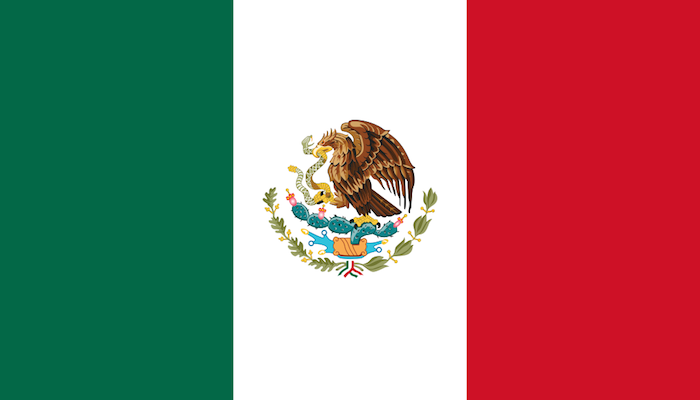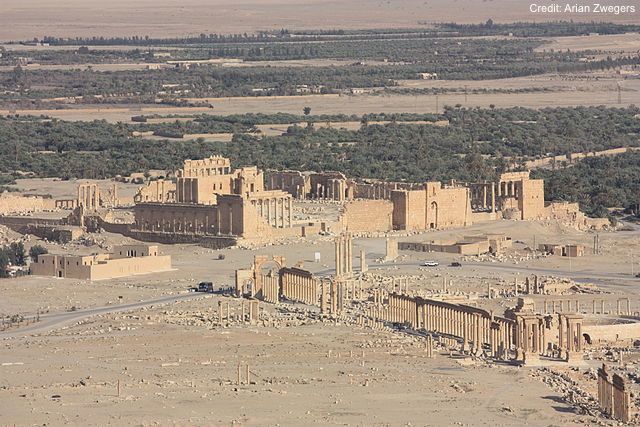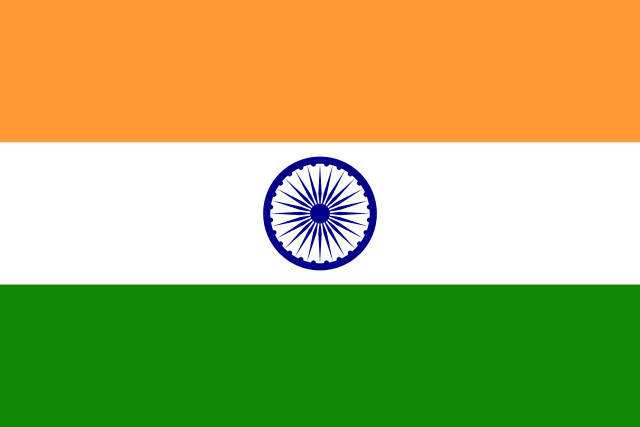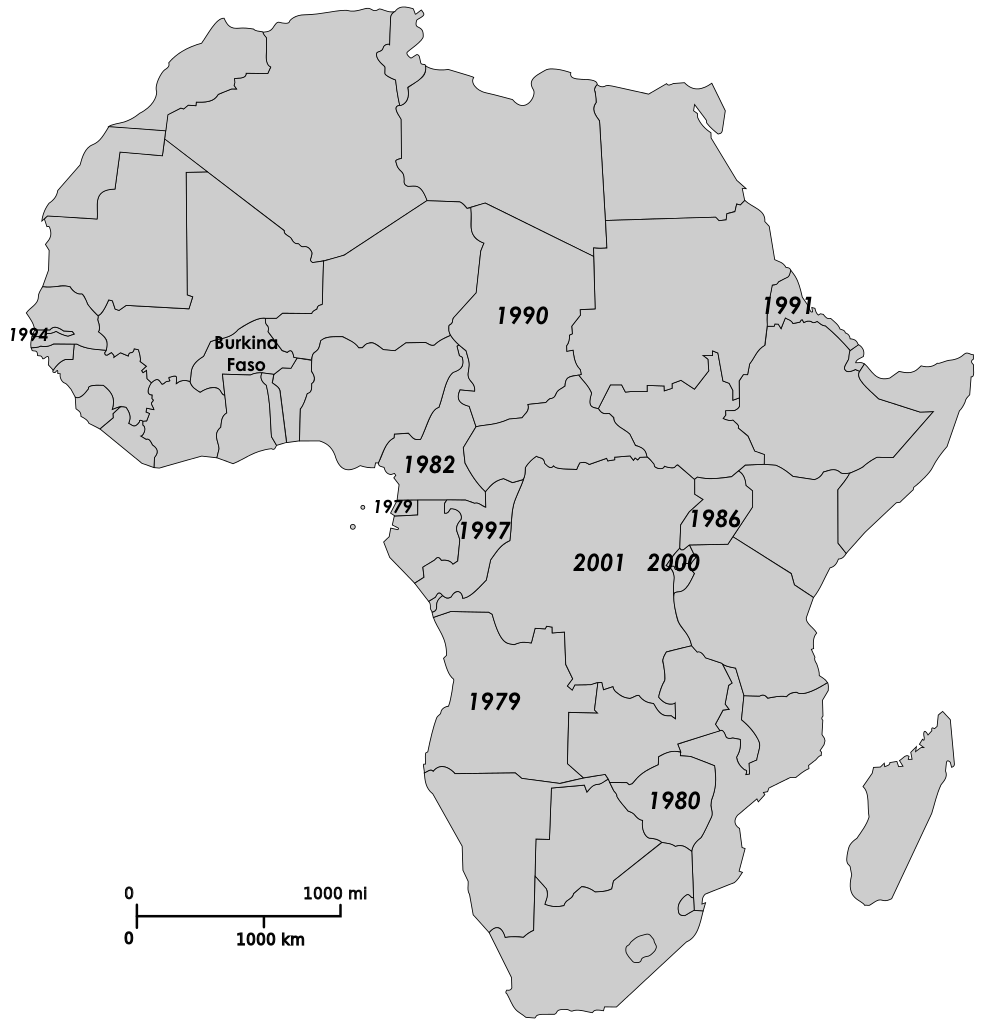While far from an ideal solution, Mexico’s federal government is planning to experiment in the state of Baja California with an unprecedented program to subsidize the difference between private wages and livable incomes for some farm workers.

If signed on June 4, this plan negotiated by the state and federal government — in an effort to prevent current labor disputes, strikes, and blockades from boiling over into wider disorder or violence — would be in lieu of setting a much higher minimum wage and attempting to compel the private industry to pay that full amount (probably to keep the companies from just moving the jobs to another state with a lower prevailing wage).
The downside of the plan (I’m guessing) is that it’s likely some companies will try to lower their wages (illegally or otherwise) to pay even less at prevailing effective wage levels, but the government says it will negotiate with the industry to come to some sort of solution so that the existence of subsidies isn’t abused. (They’ll also raise the minimum wage somewhat — just not all the way to the 200 pesos/day target. The remaining difference will then be subsidized.)
Another criticism will likely be that this is essentially a taxpayer-funded gift to the large Mexican agribusiness corporations whose representatives and allies dominate the state’s government. But more on that later.
In general, of course, this new plan is fairly strange to our eyes, because the government here (also) typically doesn’t have a direct role in subsidizing general wages, since paying workers is a role we assign entirely to the actual employers, and the government just sets the legal floor. In theory. As The Atlantic points out, that’s not actually really accurate in practice in the United States; we just obscure it better than doing direct wage subsidies:
Having the government step in to fill the gap between reality’s wages and livable wages might seem foreign to Americans, but the U.S. government in a sense already does this—just less directly. A recent study from UC Berkeley’s Labor Center found that nearly three-quarters of people participating in government programs such as Medicaid and food stamps are in families headed by workers. The authors, calling this a “hidden [cost] of low-wage work in America,” estimated that through these programs, taxpayers provide these families with about $150 billion in public support. Additionally, programs such as the Earned Income Tax Credit essentially subsidize the wages of workers whose income is below a certain level.
Shouldn’t companies be making up this difference instead of taxpayers? That’s how some state legislatures feel. Starting next year, California will publicly name any company that has more than 100 employees on Medicaid. And in Connecticut, state legislators are considering a bill that would require large employers to pay a penalty for each worker on their rolls earning less than $15 an hour.
And of course those various hidden costs to the government don’t even get into the actual blatant government subsidies in the U.S. for various agricultural production like dairy and corn to maintain certain production and price levels. Or the various massive tax incentives doled out to attract companies to specific states or communities (ideally only if they create a specific number of jobs, which is then essentially a wage support program in disguise).
But the Mexico experiment gets to the bigger questions: Whose job is it to ensure a livable wage in a globalized economy? And how is that goal best achieved, regardless of “moral” responsibility?
We may not instinctively like the idea of the government writing a check to make up the difference when private industry tries to tighten the screws on its workers in a loose labor market that favors employers, but what we like and how to realistically get the necessary goal accomplished may be two increasingly different answers in the 21st century.
Read more







